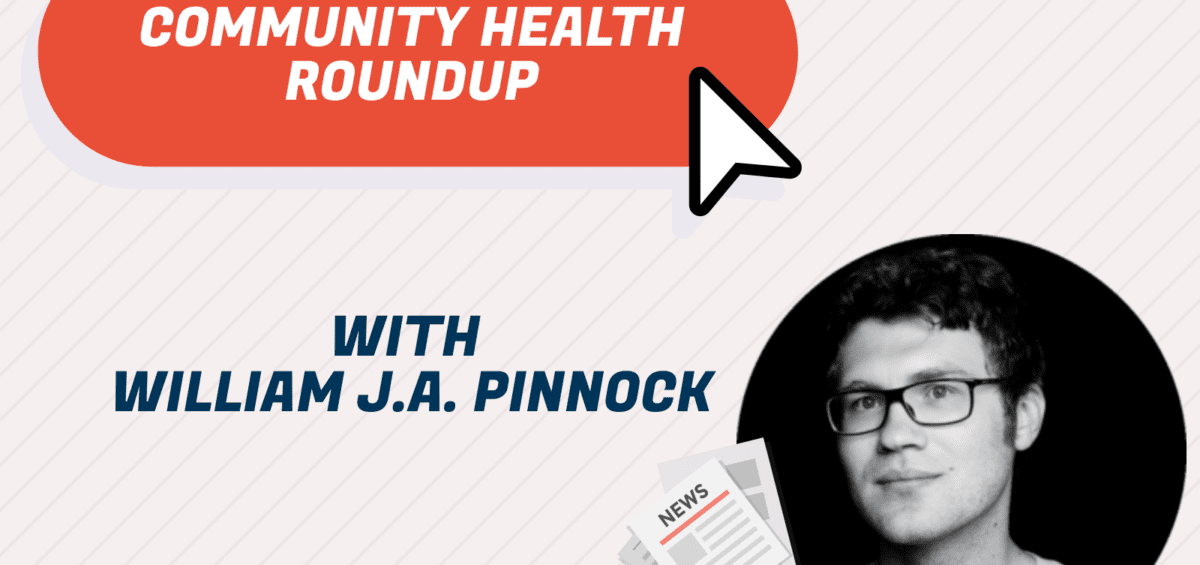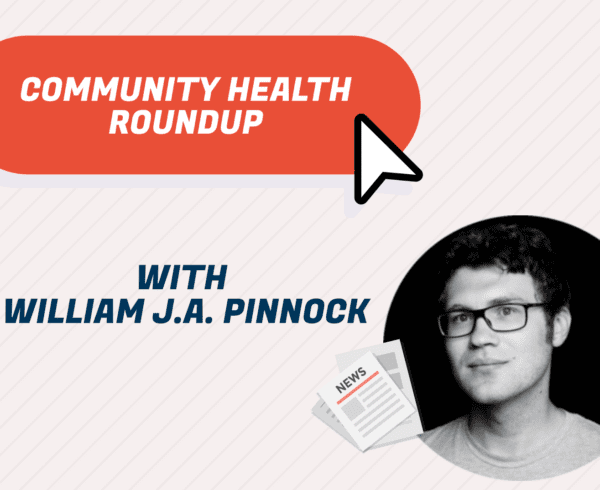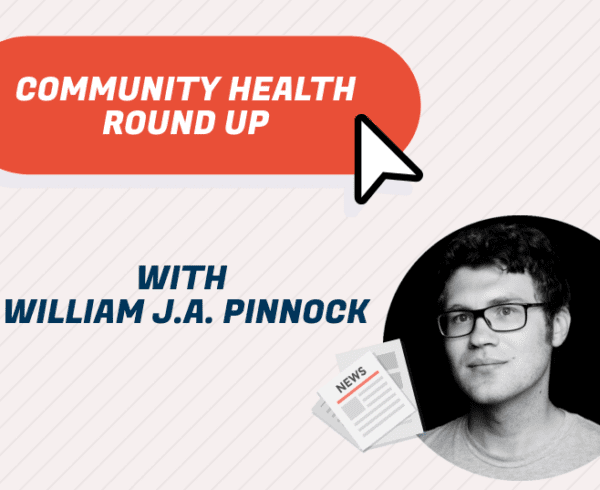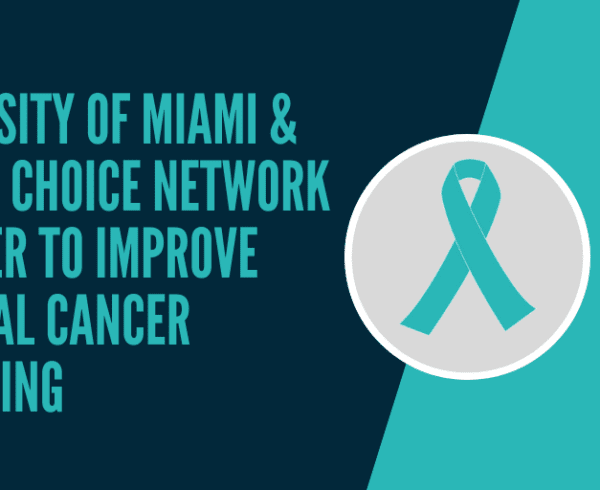Hello readers and welcome back to Community Health Roundup! This week, we look at some facts you should know about cervical cancer, how blueberries may be a secret ingredient to combating cervical cancer cells, a program to help physicians avoid burnout, and some shocking facts about the lack of access to healthcare for some members of the LGBTQ community.
January is Cervical Cancer Awareness Month and to help spread the word, 9News out of Denver, CO has published some facts you should know about cervical cancer and early detection. Head over to 9News to learn more.
Blueberries are delicious, nutritious, and…..potentially cancer fighting? Researchers from Iowa, Missouri, and China recently published a new study in Pathology and Oncology Research where they treated cervical cancer cells with blueberry extract and radiation therapy. The results: when blueberry extract was applied with radiation therapy, cervical cancer cells were reduced by 70%, as compared to 20% when only radiation was applied. Read more about this exciting study here.
Physician burnout is a real and serious problem plaguing the medical field. According to AHRQ, some studies indicate that over 50% of physicians surveyed feel burnout. While there is no easy answer to the physician burnout issue, one method shows promise and has been around since the end of World War 2: Balint Groups. Balint Groups are meetings where physicians gather to discuss problem cases, similar to a grand rounds. But unlike grand rounds, there is no problem solving, instead physicians discuss their problem cases and their peers offer perspective on them, how they would feel with that case, etc. The results have shown that when physicians participate in Balint Groups, burnout is reduced. Read more about Balint Groups here and how they could reduce burnout.
Everyone should have equal access to healthcare and none should be turned away due to gender, race, age, ethnicity, or sexual orientation. Yet, a new CAP survey shows startling evidence about the barriers members of the LGBTQ community face when accessing healthcare. Read more about the survey here.







